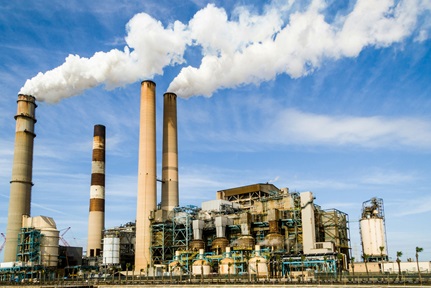Climate change impacts air composition: Study
In a landmark study of airborne microorganisms from ground level up to 3,500 metres, NTU Singapore scientists have found that bacteria and fungi populate the planet’s lower atmosphere in very specific ways, and if changed, may negatively impact human health and food supply.
In their latest paper published in the journal Proceedings of the National Academy of Sciences of the United States of America (PNAS), researchers from the Singapore Centre for Environmental Life Sciences Engineering (SCELSE) show that temperature is the single most important factor influencing the composition of airborne microbial communities.
As the temperature of the air changes, the species found and the ratio of bacteria to fungi change significantly. With climate change and global warming occurring, the increase in temperature will impact the atmospheric microbial ecosystem, as well as planetary terrestrial and aquatic ecosystems.
If the air microbiome changes globally, it may affect human health, exacerbating respiratory syndromes in susceptible patients, or it could affect the yield of agricultural crops, which then threatens food security.
For their research, the team analysed air samples collected from various locations: a 50-storey residential apartment in Singapore (Pinnacle@Duxton), Mount Santis in Switzerland, as well as a metrological tower and a research aircraft in Germany.
With this new comprehensive ‘vertical map’ of airborne microorganisms in the planet’s atmosphere as a baseline, scientists can now model and predict the changes in the air microbiome if temperatures were to rise by two degrees or more.

.tmb-listing.jpg?Culture=en&sfvrsn=55153609_1)




